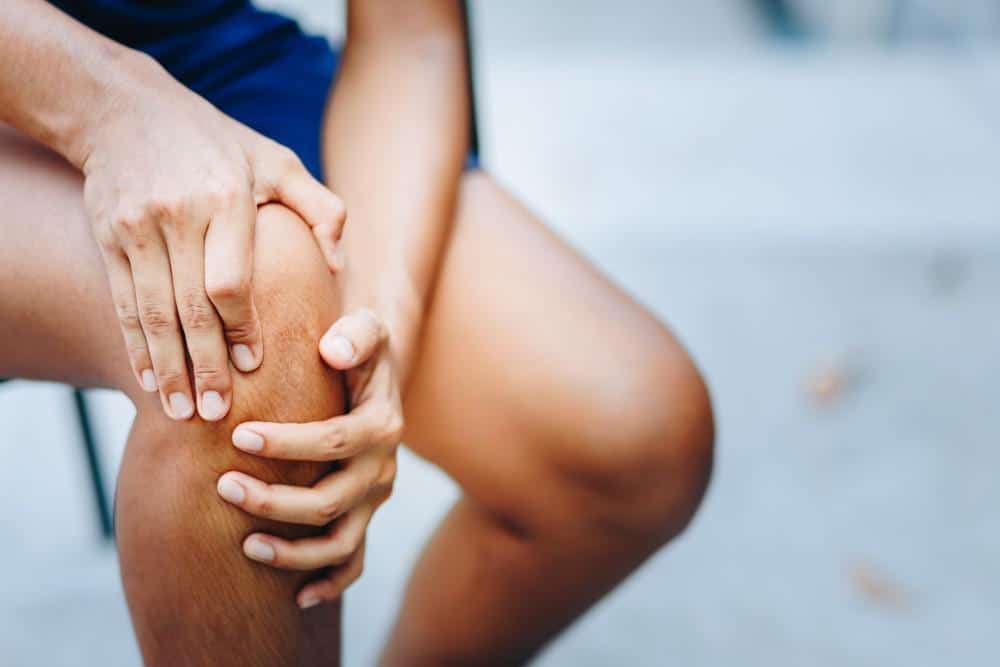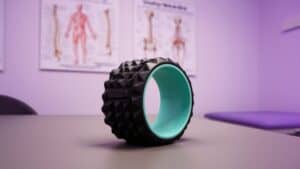Knee pain results from many causes, from wear-and-tear to traumatic injury. A Baker’s cyst causes sensations of knee pain and tightness, due to abnormal buildup of fluid in your knee joint.
You can trust the interventional pain management and acute and chronic pain specialists at Performance Pain and Sports Medicine, also known as PSSM, to determine the cause of your knee pain, whether your symptoms are due to osteoarthritis, a Baker’s cyst, or another condition.
PSSM founder Dr. Matthias Wiederholz treats new and existing patients from locations in Houston, Texas; Newtown, Pennsylvania; and Raritan, Bordentown, and Lawrenceville, New Jersey. Co-founder Dr. Suzanne Manzi provides services from our locations in Houston, Texas; and Raritan, New Jersey.
Understanding a Baker’s cyst
A Baker’s cyst doesn’t have anything to do with treats that come out of a hot oven. Instead, a Baker’s cyst, also known as a popliteal cyst, forms when too much fluid builds up within your knee joint.
Baker’s cysts develop in response to pressure on your knee joint, either chronic or acute. Arthritis, or a cartilage tear from playing sports, could both result in the formation of a Baker’s cyst.
Accumulated fluid in your knee joint often results in the formation of a bulge around the cyst. You may also experience swelling around your knee joint due to a Baker’s cyst. Some people with this issue don’t notice symptoms, but many experience discomfort and pain.
Knee pain from a Baker’s cyst
The pressure from the physical bulge of a Baker’s cyst often causes pain and uncomfortable sensations of tightness in the area behind your knee. Your symptoms might worsen when you move around, especially when you fully extend and flex your knee. You could become stiff and struggle to move around with ease.
In rare cases, a Baker’s cyst bursts, releasing fluid into your calf region. If this happens, you feel a sharp pain in your affected knee, accompanied by swelling and, sometimes, a feeling of fluid running down your leg.
The good news is, the discomfort, pain, and swelling associated with a Baker’s cyst can be resolved by treating the underlying problem. Our team at PSSM can diagnose your Baker’s cyst, and work with you to put together a treatment plan to address your symptoms and the underlying cause.
Treating a Baker’s cyst
Once your provider at PSSM determines that you have a Baker’s cyst, it’s time to develop your treatment plan.
Some cases of Baker’s cysts resolve independently without treatment. Others benefit from interventions including:
- Conservative treatments like icing, compression wrapping, and supportive crutches to reduce pain and swelling
- Needle aspiration fluid drainage, removing excess fluid from the cyst with a thin, ultrasound-guided needle
- Knee injections of corticosteroid medications to reduce inflammation and relieve pain
- Physical therapy to strengthen your knee, improve range of motion, and preserve knee function
- Surgery to repair torn cartilage and address any underlying cause of your cyst
To learn more about your options for moving forward with a Baker’s cyst and how you can live free from knee pain, get in touch with our Performance Pain and Sports Medicine team today. Call our office most convenient to you or request an appointment online.

















